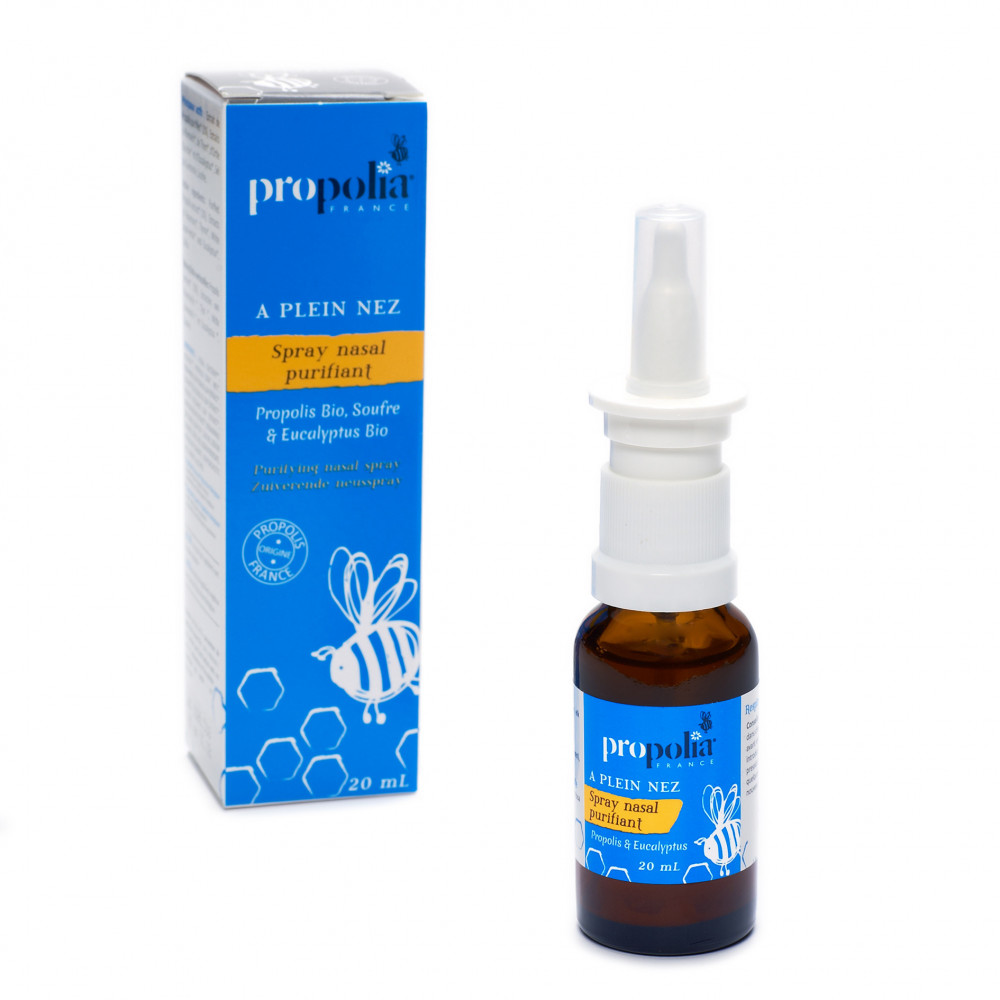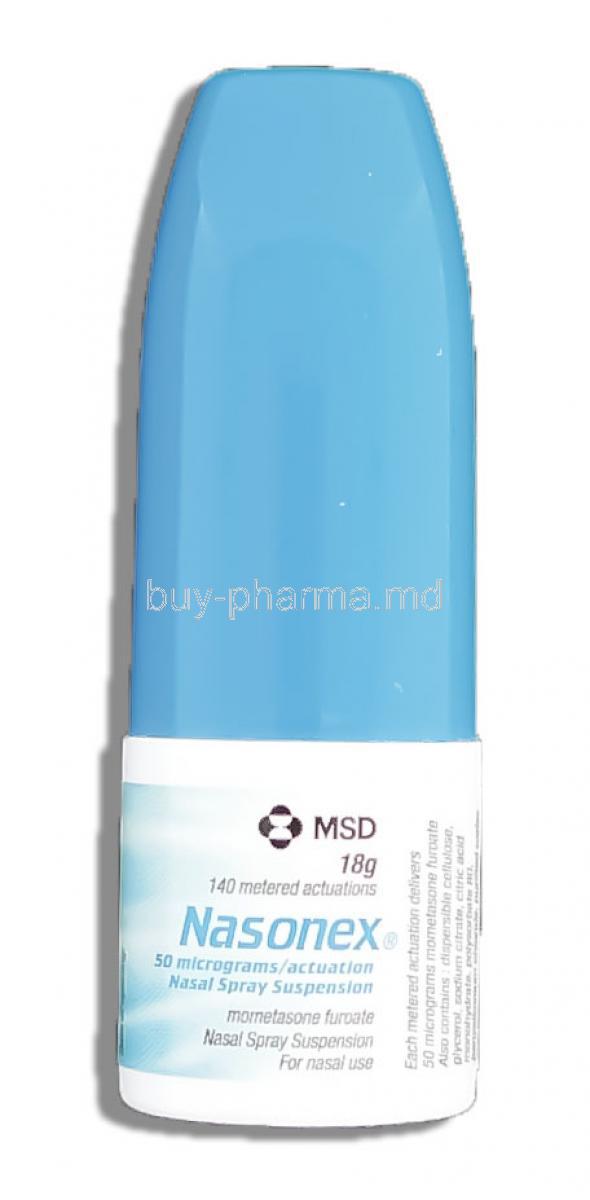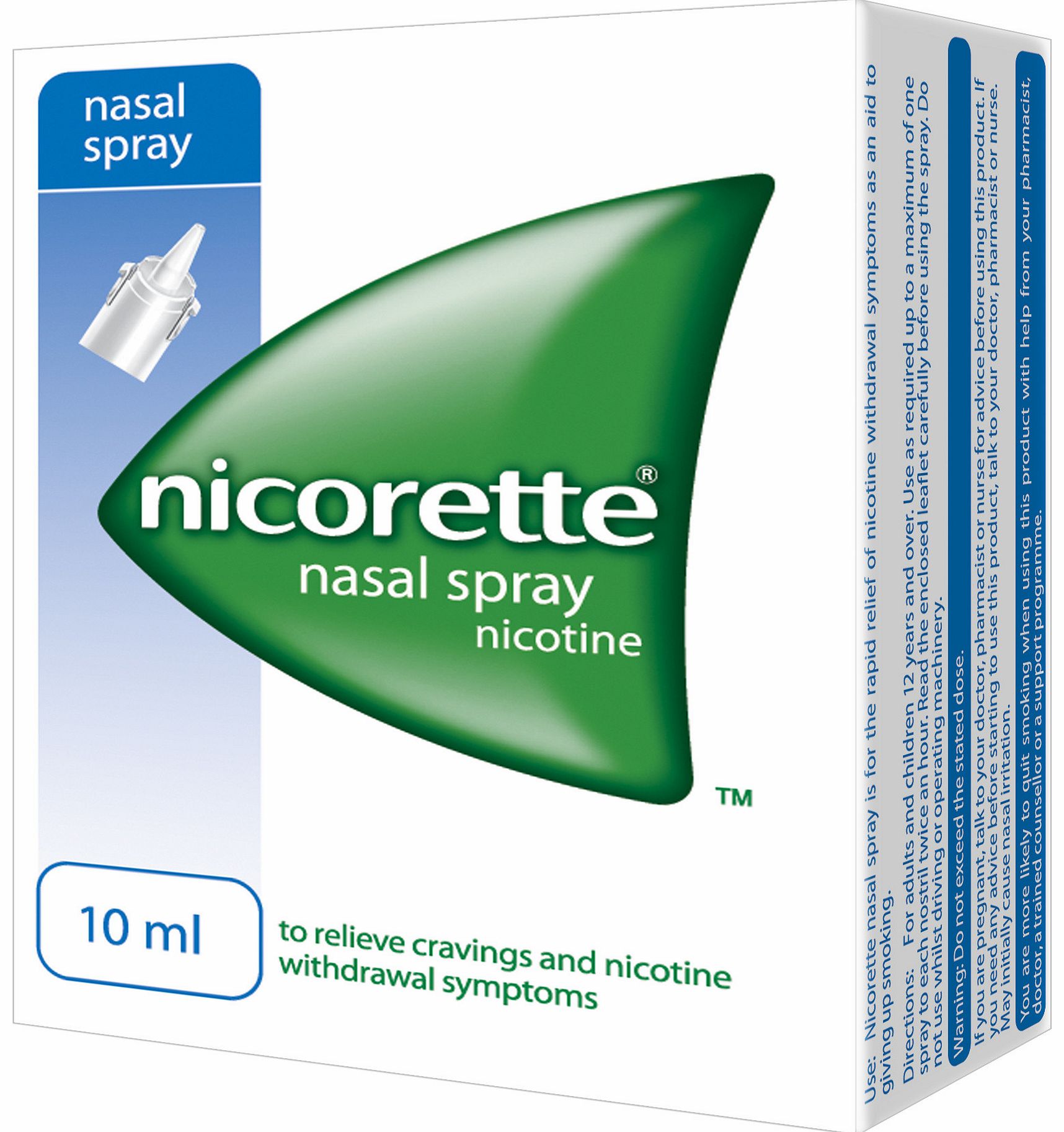

In this vein, we have identified two candidate agents with potential activity against SARS-CoV-2 which can be administered intranasally, namely, xylitol and grapefruit seed extract (GSE). Prior studies suggest that candidate agents with potential activity against SARS-CoV-2, which can be administered intranasally, might play a pivotal role in the treatment against COVID-19. Moreover, the nasal shedding could place various healthcare workers, such as the ones participating in rhinologic procedures, at a higher risk of COVID-19 . have reported that viral shedding appears to be largely from the nasal cavity further suggesting that the nasal cavity could be a major source of COVID-19 transmission. In their systematic review, Gengler et al. Pharmacological agents such as nasal sprays might be optimal therapeutic candidates for providing better outcomes in COVID-19 patients if used in the early stages of the disease. This situation has led to an urgent need for therapeutic options prompting increased interest in re-purposing the existing medications that might play a role in the treatment of COVID-19. Interestingly, it has been documented that both angiotensin-converting enzyme 2 (ACE2) and transmembrane serine protease 2 (TMPRSS2), which are present not only in the bronchial epithelium and alveolar type II epithelium cells but also in the nasal epithelium, are associated with the virus entry into the cell. In the United States alone, over 7,379,000 COVID-19 cases and over 200,000 deaths have been reported . As of October 3, 2020, COVID-19 has infected over 34,790,000 and caused over 1,031,000 deaths worldwide. COVID-19 has caused a significant impact on the healthcare systems of various countries across the globe.

In contrast, a moderate disease in high-risk patients and patients with severe conditions generally require hospitalization . Currently, the management and therapeutic options for COVID-19 are limited, including self-quarantine and supportive care, usually indicated for mild cases. Severe acute respiratory syndrome coronavirus 2 (SARS-CoV-2) is a novel virus and the causative agent of the Coronavirus disease 2019 (COVID-19).
#Xclean nasal spray plus#
Xlear nasal spray, containing xylitol plus GSE, given its established safety profile and compelling clinical results described here, could be a potential adjunct treatment option in mild-moderate COVID-19 cases. No safety issues were noted during the course of treatment.
#Xclean nasal spray series#
We present a series of three mild-moderate risks, symptomatic, COVID-19 patients, treated with the intranasal combination, as an adjuvant to their ongoing treatment, with rapid clinical improvement and shorten time to negativization on repeat intranasal swab test via PCR. With a well-established safety profile, the components of this nasal spray have been studied and have been shown to have potential efficacy against viral pathogens, including coronavirus, and may potentially regulate pathways important in the initial entry of infection, replication, and systemic response to SARS-CoV-2. Hence, we postulated that re-purposing a commercially available nasal spray containing xylitol and grapefruit seed extract (GSE), namely Xlear Nasal Spray® (Xlear, Inc., American Fork, USA) could be used as an adjunct treatment of COVID-19. Having a mode of transmission as a droplet mode, several studies have supported how the nose can contain the primary route of entry of SARS-CoV-2. Re-purposing already established medications, with excellent safety profiles, is a possible approach for treating the disease in its early stage. While several studies have suggested different treatment modalities, there is still no definitive treatment against COVID-19. During the early stages of the disease, treatment is mainly supportive.

Being a novel virus, several treatments have been explored against COVID-19. The SARS-CoV-2 virus has created an unprecedented impact on healthcare globally.


 0 kommentar(er)
0 kommentar(er)
